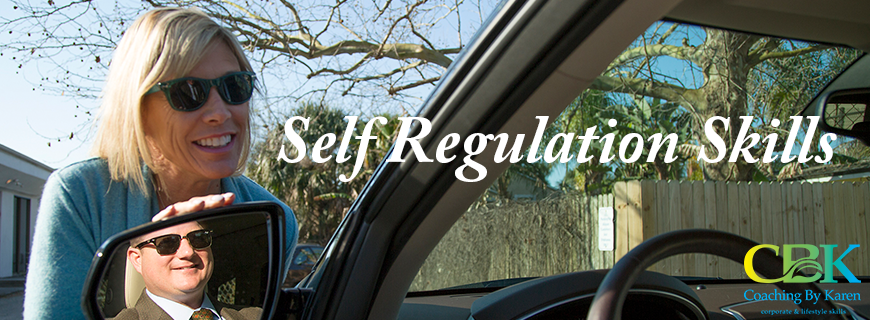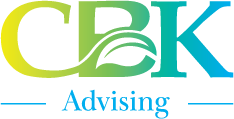Self Regulation Skills

Self-regulation is one of the three intrapersonal competencies of Emotional Intelligence and, luckily, is something we can learn and improve upon over time. Essentially, the ability to control or redirect disruptive impulses and the capacity to think before acting is what self-regulation is all about.
Young children are literally ruled by their impulses, thus their lack of self-regulation is often reflected in their behavior, and can be a concern to parents, teachers, and others. It’s something children get gradually better at as they mature, but not just because they’re taught to conform to certain rules of behavior. Research has shown that self-regulation is related to more than just parenting skills and the ability to learn and follow rules; it is directly related to brain maturation and is not fully developed until early adulthood. Not surprisingly, then, self-regulation is considered by many kindergarten teachers to be a more accurate indicator of school readiness than IQ or academic readiness.
So how good are you at directing your own negative impulses?
We all have them, of course, and some of us handle them better than others. How is your self-control working for you at home and at work? Do you find yourself stressed out and flying off the handle? Or are you usually able to think clearly, maybe take a moment, and continue in a positive way? Has your life experience contributed to creating triggers that sometimes threaten your ability to self-regulate? How do you handle those triggers?
Adults with a high degree of self-regulation are in control of their emotions and are flexible in handling change and adapting to new situations. They also handle stress well and work well under pressure. But people who are low in self-regulation are more like children in that they are impulsive and tend to react rather than act. They may even say negative, self-defeating things to themselves. Their coping skills are lacking so they have negative emotional reactions to triggers such as words, gestures, smells, actions, or environments. Unfortunately, these reactions are often inappropriate, especially when manifested as anger.
In difficult or overwhelming situations, I advise clients to PAUSE: step away for a bit before responding. When your self-regulation is low, your initial response is rarely positive.
Most people have never been taught coping mechanisms that could help them diffuse their anger or distract them from it. In order to help clients with low self-regulation and anger issues, I recommend they follow the Four Ds, especially in the workplace:
- Drink water (Excuse yourself to get some water or just pause and take a moment to drink water while you regroup)
- Delay the impulse to react (Take a moment to think and intentionally not react
- Distract yourself (Take a walk, get a cup of coffee, do whatever it takes)
- Deep breaths
I also recommend focusing on these activities as a way of increasing/improving your self-regulation:
- Reframe your thoughts (from a negative to a positive expression)
- In conversations, listen first, pause, and only then, respond
- Be consistently committed to not interrupting others
- Consider the consequences (of your actions or words) before you speak
If you remember nothing else about keeping your emotions and behavior in check through self-regulation, remember one word: PAUSE. It just might save your career!

